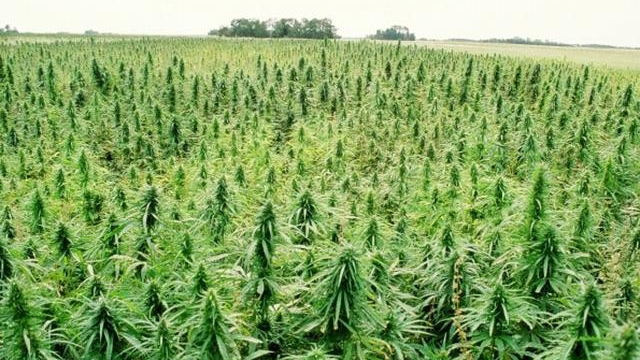Crop Insurance Programs NOW AVAILABLE For Hemp

Crop insurance is now available for certain hemp farmers. Crop insurance is intended to insure a farmer against crop losses due to weather, natural disaster or price fluctuations. There are now two programs available:
- The first is the “Multi-Peril Crop Insurance Pilot Insurance Program,” (the “MPCI”) which is a pilot crop insurance program that will only be available in 21 states and certain counties within those states. Currently, in Oregon, the MPCI is available in Benton, Clackamas, Gilliam, Harney, Klamath, Lane, Linn, Malheur, Marion, Morrow, Polk, Umatilla, Washington, and Yamhill. This is the more generous program that will cover not just weather-related losses, but also losses due to drops in price that can cause a loss of revenue to the farmer. Further information about the insurance available under this program, and where it is available can be found on USDA Risk Management Agency’s website, although the insurance itself should be purchased through a private company.
- The second is the “Noninsured Crop Disaster Assistance Program” (“NAP”) which covers losses to crops that do not have an available federal crop insurance program. This program is really just for catastrophic losses due to weather or natural disaster. There is no price support system under this coverage. Applications should be made at the local Farm Service Agency (the “FSA,” the agency in charge of managing price support payments, crop insurance, and other farm programs). Please find your county FSA office here.
Because the MPCI only covers certain states and counties, there will be plenty of hemp farmers in Oregon and around the country that will not be able to purchase MPCI coverage. MPCI also requires at least a one-year of history growing hemp and at least 5 acres (for CBD) or 20 acres (for fiber or grain) under production. Farmers who are not eligible for MPCI for geographical, production history, or acreage reasons will then be eligible for crop loss coverage under NAP.
Both insurance programs require that the producer have a contract for purchase of the hemp, be properly registered (under either the 2018 Farm Bill programs, or under the 2014 Farm Bill state pilot programs), and not produce hemp that tests over .3% THC. Hemp that tests hot will not be eligible for coverage, and will not count towards the historic production requirement for MPCI. If the hemp processor backs out of the contract, that is not an insurable event.
Acreage reports under each program are due to the Farm Service Agency no later than August 15, 2020, but should be reported as soon as possible after planting.
Finally, if you planted any of the following last year, your hemp may not be insurable: cannabis, canola, dry peas, mustard, rapeseed, sunflowers or soybeans. You should discuss with your crop insurance agent whether this applies to your situation.
